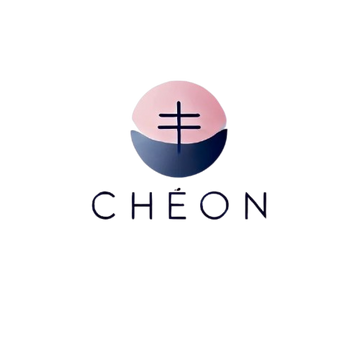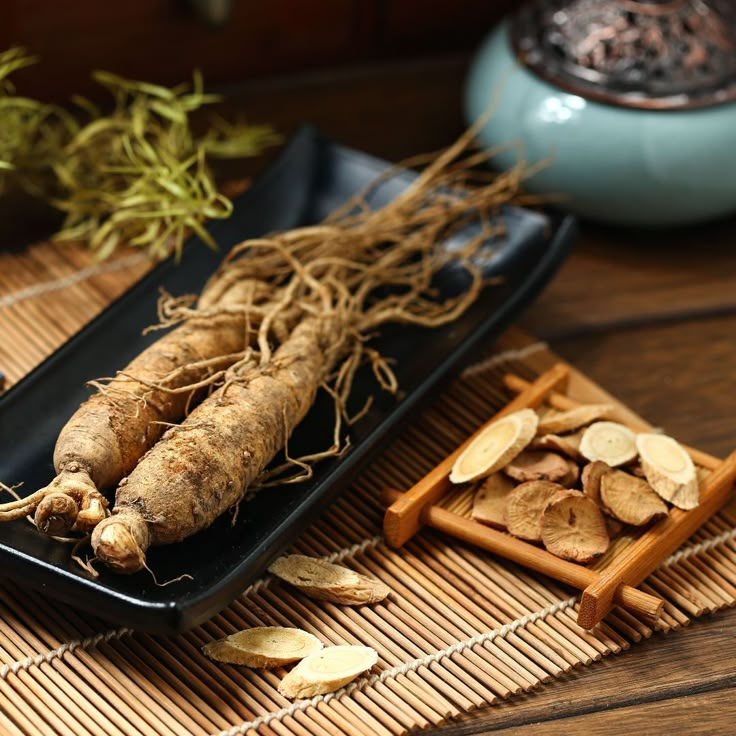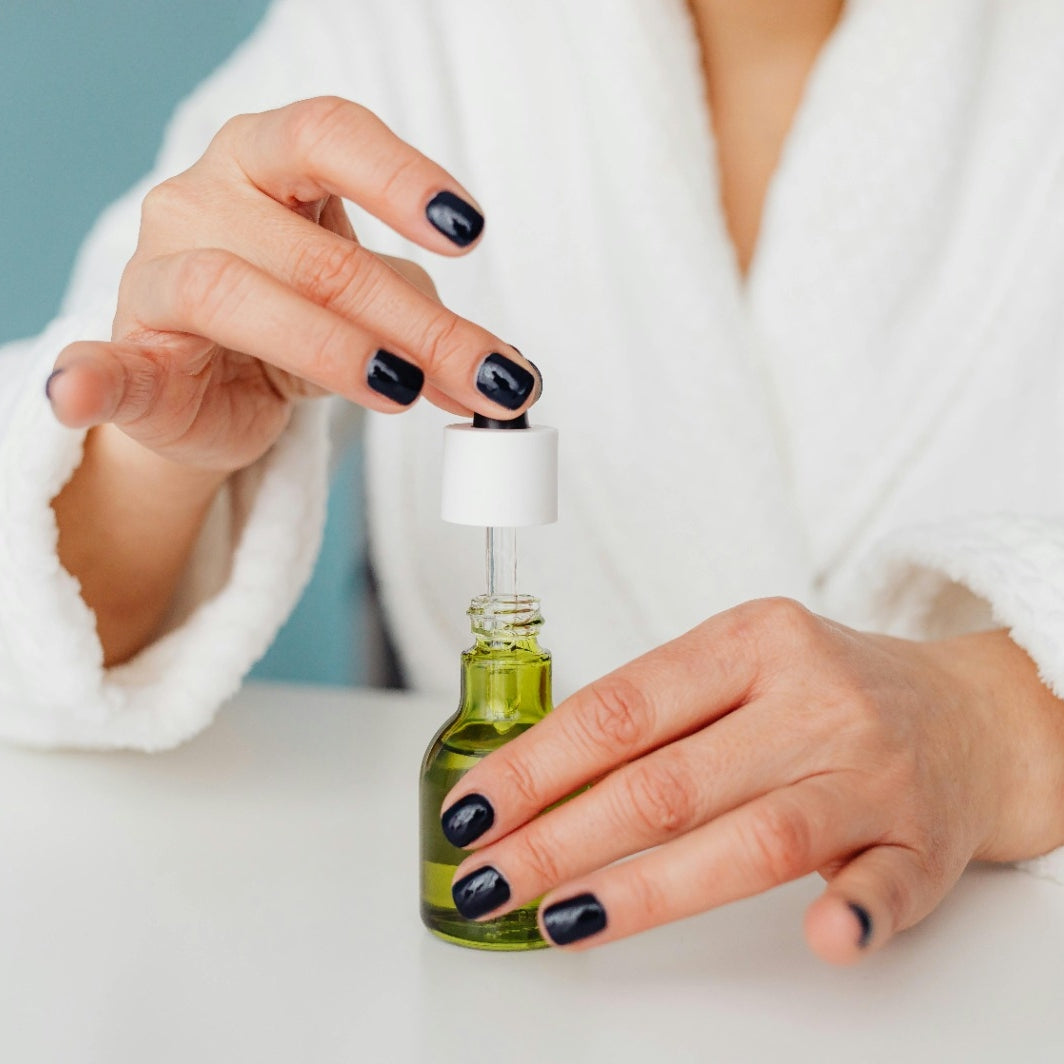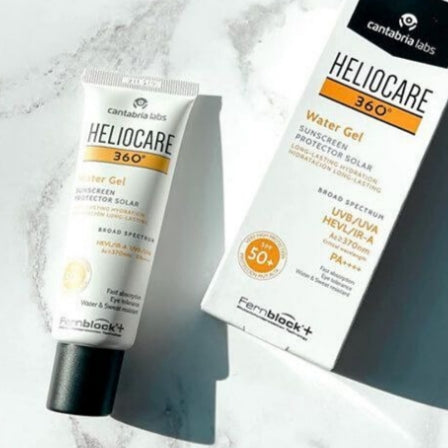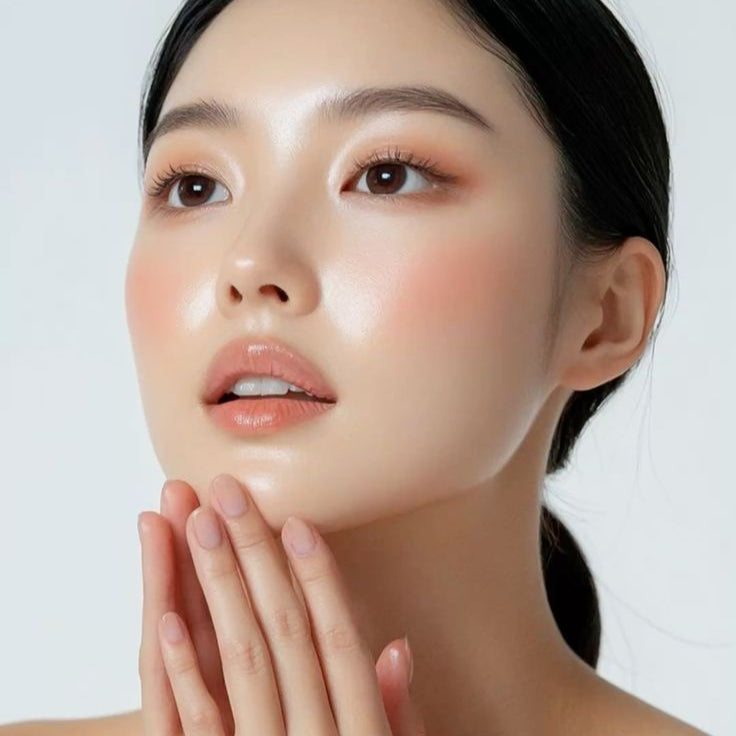Ginseng isn’t just something you find in traditional herbal teas anymore—it’s become a total game-changer in skincare too. For centuries, it’s been a staple in Korean and Chinese medicine, known for its healing powers. Now, it's earning serious attention in the beauty world, and for good reason.
This root is packed with natural compounds called ginsenosides, which are known to do some pretty amazing things for your skin. We're talking real benefits:
-
Antioxidant protection
-
Anti-aging support
-
And even a noticeable boost in skin brightness.
And it’s not just hype. Studies have shown that ginseng can help increase collagen production, improve blood flow in the skin, and protect against oxidative stress (that leads to wrinkles and tired, dull skin). source.
1. Ginseng Helps Brighten and Even Out Skin Tone
Ever catch yourself in the mirror and think, “Why does my skin look so dull today?” We've all been there. Sometimes it’s uneven, sometimes patchy, and sometimes it just looks... tired. That’s where ginseng steps in.
Ginseng, especially a special compound in it called ginsenoside Re, has been getting a lot of love in the skincare world for how it gently helps even out your skin tone.
According to a 2023 study, this compound can actually slow down how much melanin your skin produces. (Melanin is what causes those stubborn dark spots.)
The study showed that it blocks an enzyme called tyrosinase and lowers levels of MITF—both major players in pigmentation.
What does that mean for you? With regular use, ginseng-based skincare can help fade dark spots naturally—no harsh peels, no stingy acids. Just gentle, science-backed brightness.
And you’ll often see “brightening” or “glow-boosting” on product labels with ginseng.
2. It’s a Natural Anti-Ager That Supports Collagen
Let’s talk about firmness. If your skin ever felt a bit less bouncy—or if fine lines started showing up—it’s usually from collagen breaking down over time. That’s where ginseng comes in as a natural helper.
In research studies, red ginseng extract was shown to increase collagen synthesis in human skin cells and suppress enzymes (like MMP‑1) that break collagen down. That means less sagging and fewer fine lines over time. These findings were reported in credible sources like PubMed.
In plain terms:
-
Your skin feels firmer because collagen remains more intact.
-
Fine lines soften because ginseng helps slow down structural breakdown.
-
Elasticity improves, giving skin that spring-back-after-smile feeling.
Why this matters
Over time, collagen naturally decreases—but ginseng helps slow that decline. It doesn’t guarantee wrinkle-free skin forever, but it supports strength and firmness, making your skin more resilient and youthful.
The antioxidants in ginseng also help reduce puffiness and tighten skin, so if you’re starting to notice some sagging or tired areas, it might be worth switching up your routine.
3. Ginseng Fights Acne and Inflammation Gently
You don’t need to rely only on harsh treatments to fight acne. In fact, for many people, those strong creams and drying toners end up making things worse.
What ginseng does instead is help your skin heal and protect itself, using nature’s own anti-inflammatory powers. It’s a much gentler way to fight acne — and yes, it actually works.
On top of that, studies show that red ginseng has a gentle antibacterial effect against Propionibacterium acnes—the bacteria behind many breakouts. One study noted that its effectiveness rivals or even surpasses benzoyl peroxide in some cases. (PubMed, Typology review).
In simple terms it:
-
Reduces redness and swelling
-
Gently fights acne-causing bacteria
-
Supports skin barrier without harshness
There is one nuance—certain highly concentrated red ginseng polysaccharides showed contradictory effects in lab tests, potentially increasing inflammation in sebaceous cells.
That’s why formulation matters—it’s always safer when ginseng is well-balanced in skincare formulas and paired with soothing humectants.
What Real users are saying — From Reddit r/AsianBeauty:
“Ginseng helps with redness and inflammation… great to pair with salicylic acid if you’re trying to target acne‑prone skin.” — decadentowl
“It’s packed with antioxidants and anti-inflammatory. I personally found it helping my redness and acne much better than anything else.” — iconiccherrybratz
Using ginseng in something like a deep cleansing oil or a calming essence water helps clean your skin without stripping it dry—and it’s great for daily use.
4. It Boosts Hydration (Without Feeling Greasy)
The cool thing about ginseng is that it helps your skin hold onto moisture without piling on oil. That’s a win for all skin types—especially if you have oily, combination, or acne-prone skin.
Ginseng works like a natural humectant. That means it pulls water into your skin and helps lock it in. So instead of sitting on top of your skin (like some greasy creams do), it actually goes deeper and helps hydrate from within.
This kind of hydration makes your skin look fresher and feel softer, but without the heaviness. Your face won't look shiny by lunchtime or feel clogged after a long day.
5. It’s Full of Antioxidants to Protect Your Skin
Daily exposure to the sun, stress, and pollution can damage your skin’s barrier. Ginseng helps repair that damage and prevents new issues from forming. Think of it as a shield that also heals.
If you're already using SPF (as you should be!), adding a ginseng-based product before sunscreen is like giving your skin a second line of defense.
What to Look for in Ginseng Skincare
If you’re shopping around, here are a few terms to check on the label:
-
Panax Ginseng Root Extract (this is the most potent form)
-
Red Ginseng (fermented or steamed for better absorption)
-
Ginsenosides (these are the antioxidants doing the heavy lifting)
And don’t stress about layering—ginseng works well with niacinamide, hyaluronic acid, snail mucin, and even vitamin C. It's gentle but effective.
So… How Should You Use It?
If you’re ready to give it a shot (and your skin will thank you), here’s how you can add ginseng into your routine the right way:
Step 1: Deep Cleanse with Ginseng-Based Oil
Start with a gentle, antioxidant-rich oil cleanser. The Deep Cleansing Oil from Beauty of Renforcer is a great pick. It breaks down makeup, sunscreen, and daily grime without being greasy—and yes, it has ginseng extract to help calm and prep your skin from the start.
You’ll feel your skin soft, not stripped.
Step 2: Tone and Refresh with Essence Water
Follow up with a calming toner or essence water that hydrates and brightens. The Ginseng Glow Essence from Beauty of Renforcer contains ginseng and other Korean herbal ingredients to give you that dewy, balanced glow. It’s lightweight and sinks in fast—perfect for both morning and night.
👉 Where to Buy:
You can grab both of these at Cheon Beauty. The best part? We often run sweet deals and bundles, so keep an eye out. Plus, shipping is free in the U.S., which is always a win.
Common Questions
Is ginseng skincare safe for sensitive skin?
Totally! It’s calming and anti-inflammatory. Just do a patch test first if your skin is super reactive.
Can I use ginseng with retinol or exfoliants?
Yes, but space them out. Use your actives at night, and ginseng products in the morning for glow and protection.
Does ginseng really work or is it hype?
It works. It’s backed by research and centuries of use in Eastern beauty. But like anything, give it at least 3–4 weeks to start seeing real results.
Final Thoughts: Why You’ll Love Ginseng (and How to Start)
Adding ginseng into your skincare isn’t about chasing trends—it’s about giving your skin what it needs to stay strong, even-toned, and hydrated. It’s a quiet powerhouse.
You may not notice a dramatic change overnight, but over time, your skin starts to feel better, bounce back faster, and glow a little more naturally.
If you’re new to ginseng, I’d start simple—just swap in one or two products. The Deep Cleansing Oil and Essence Water from Beauty of Renforcer are both beginner-friendly, non-toxic, and made to help your skin feel its best.
